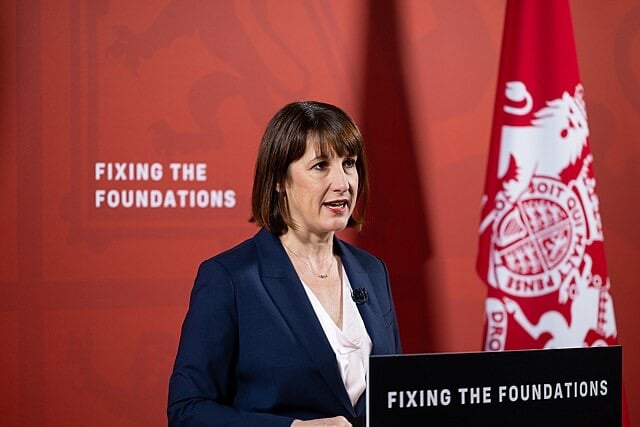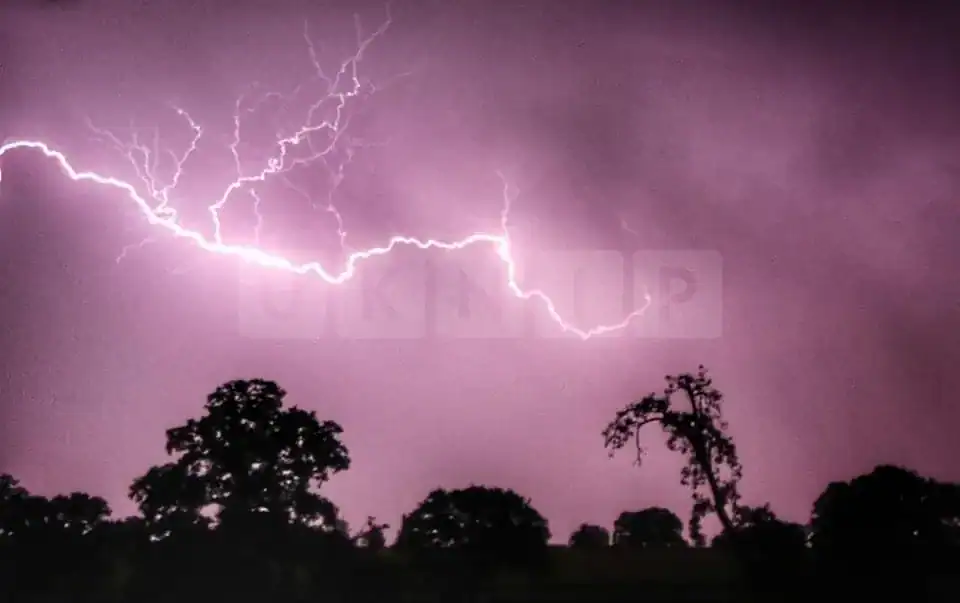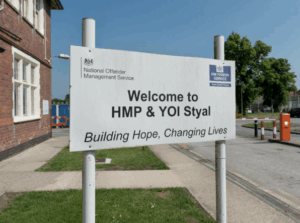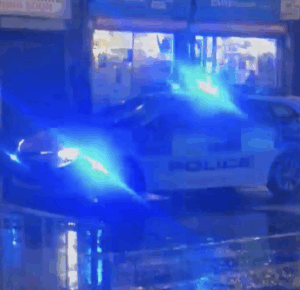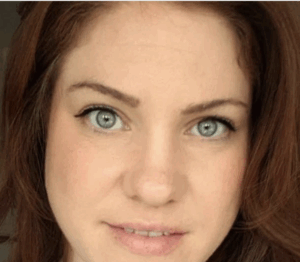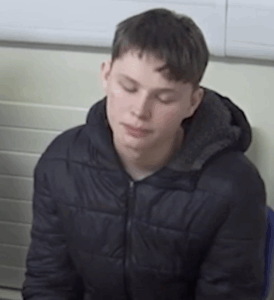Chancellor Rachel Reeves is on the brink of a major Budget bombshell. With a £30 billion black hole in the UK’s public finances, she’s reportedly eyeing an income tax rise – a move that would smash Labour’s key election promise to keep taxes steady.
Big Tax Hike to Plug £30bn Gap?
Insiders at the Treasury reveal heated talks about hiking income tax to close the massive fiscal gap. With the Office for Budget Responsibility slashing productivity forecasts and wiping around £20 billion from the books, Reeves faces a crunch.
Her options are grim: stick to manifesto pledges and risk fiscal chaos, or bite the bullet with tax hikes to secure Britain’s financial stability. Advisers warn other taxes like VAT or corporation tax would either fuel inflation or hurt investment, making income tax the “least damaging” option.
Options on the Table: Who Pays More?
- Adding 1p to the basic income tax rate could raise £8 billion but hits millions of working families grappling with cost-of-living pressures.
- Targeting higher earners by increasing the 40% and 45% rates aligns with Reeves’s “broad shoulders” mantra but yields smaller sums (£2 billion and £230 million).
- The Resolution Foundation suggests a 2p hike in income tax offset by a 2p National Insurance cut, raising £6 billion mainly from pensioners, landlords, and the self-employed.
But politically, it’s a minefield. The Chancellor faces blowback after last year’s National Insurance rise and now risks breaking manifesto promises. Treasury sources say she’s torn between boosting fiscal buffers and managing political fallout.
Chancellor’s Tightrope Walk Ahead of Budget
Reeves insists fairness is key: “Those with the broadest shoulders should pay their fair share.” Yet she’s holding cards close, refusing to rule out any tax scenarios before the big Budget reveal on 26 November.
Critics, including Tory Shadow Chancellor Mel Stride, slam Labour for blaming previous governments while failing to balance the books. Meanwhile, think tanks warn of a £50 billion tightening by 2030 unless drastic action is taken.
Financial markets are on edge. Failure to act decisively could hike borrowing costs and deepen the fiscal crisis. Reeves admits challenges but insists “nobody wants this tax cycle to continue more than me.”
Countdown to a Political and Economic Showdown
With inflation stubborn at 3.8% and borrowing pressures mounting, the Budget looms as Reeves’s toughest test yet. Will she stick to manifesto promises or put fiscal sanity first? The answer could reshape Labour’s election hopes and Britain’s economic future.

